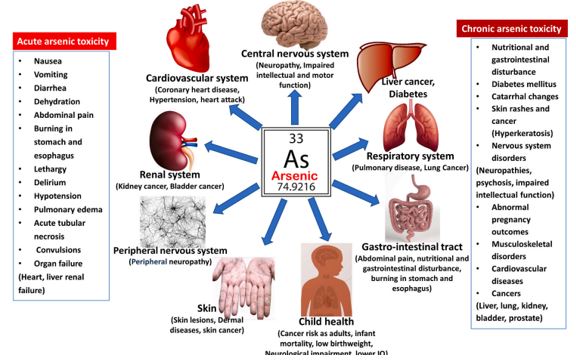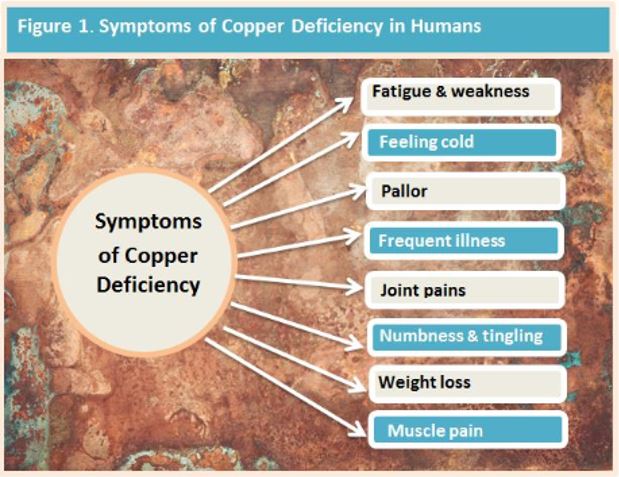Nutrient Support for Detoxification
Every day the human body is exposed to toxic compounds in the air, water and food. An individual’s ability to detoxify these substances, both from exogenous sources, such as heavy metals, xenobiotics, chemical pollutants, and processed foods, and endogenous sources, such as the by-products of metabolism, is critical to overall health and detoxification. Several organ systems work together as part of a comprehensive network to aid the breakdown and elimination of...
EMFs and Heavy Metal Burdens
Environmental toxicities such as EMFs and heavy metals have become one of the greatest global health burdens. It’s not only developing countries or a socio-economic issue, Australians are also at risk. A 2017 systematic review of 133 diseases and injuries showed that 23% of global deaths and 22% of global Disabilities Adjusted Life Years (DALYs) can be attributed to environmental risks in the year 2012 and that this burden is...
Arsenic – #1 King of Poisons
World Health Organisations – Top 10 Chemicals of concern include Arsenic (June 2020) Department of Health and Human Service and Agency for Toxic Substances and Disease Registry (ATSDR) rank Arsenic number one among substances present in the environment that pose the most significant threat to human health. The International Agency for Research on Cancer (IARC) classifies arsenic and inorganic arsenic compounds as “carcinogenic to humans.” This is based on sufficient evidence...
Copper Deficiency & Excess – Mastering Minerals 10 Masterful Facts
InterClinical eNews March 2020, Issue 102 Characteristics of CopperFactors Affecting Cu Homeostasis ScurvyLiver FunctionGenetic DisordersHigh Zinc Intake: Zn/Cu RelationshipCeruloplasmin and Citrate used in supplementsCopper Anemia Potassium Deficiency and CuCopper and dietBioavailabilityDetermining Cu statusConclusion REFERENCES Characteristics of Copper Copper is an essential micronutrient. The human body contains approximately 100 mg. It is a co-factor for many redox enzymes with ceruloplasmin being the most abundant Cu-dependent ferroxidase enzyme (with an important role in iron metabolism)....
Pyrroluria - Medical Condition or Biomarker?
InterClinical eNews March 2019, Issue 90 This month's issue explores the evidence for Pyrroluria, and asks the question - is it a discrete medical condition or is it a biomarker of other pathology? We take a look into the history, research findings and treatment options. Detection Hydroxyhemopyrrolin-2-one (HPL) or "mauve factor" was first discovered in 1958 in the urine Dr Hoffer's psychiatric patients. It was named after the colour it appeared in chromatograph assays. It was later identified by a fellow researcher, Irvine, as...



